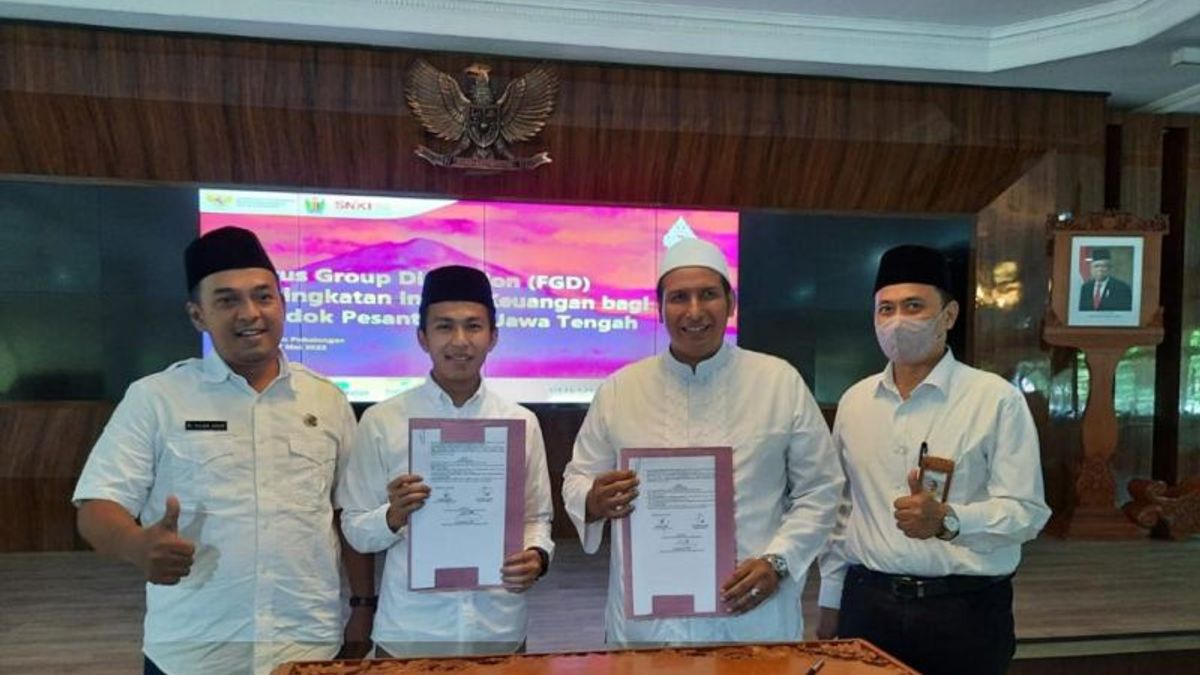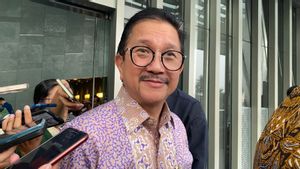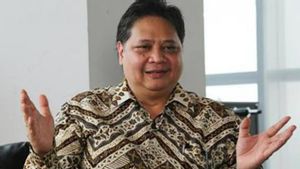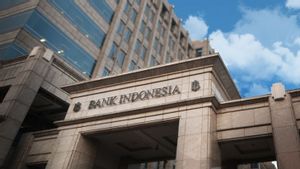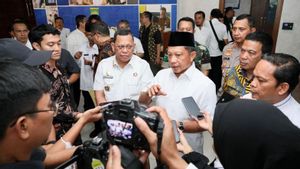JAKARTA - The government is increasingly integrating economic and financial inclusion into the Islamic boarding school ecosystem through digital financial services and the Islamic boarding school's economic independence program.
"The Coordinating Minister for the Economy continues to encourage increased financial inclusion, especially for students and MSEs around Islamic boarding schools as part of the financial inclusion program," said Deputy for Macroeconomic and Financial Coordination at the Coordinating Ministry for the Economy Iskandar Simorangkir in an official statement quoted by Antara, Sunday, May 29.
To that end, the Coordinating Ministry for Economic Affairs held a Focus Group Discussion (FGD) with the theme "Increasing Financial Inclusion for Islamic Boarding Schools in Central Java", Friday 27 May.
This effort is carried out to achieve the financial inclusion target in Indonesia of 90 percent by 2024 which is expected to be accompanied by high financial literacy. In 2021, Indonesia's financial inclusion rate has reached 83.6 percent in 2021 or an increase of 2.2 percent compared to 2020.
The government through the Financial Education Working Group at the National Council for Financial Inclusion (DNKI) continues to encourage and aggressively carry out various initiatives of massive financial education or literacy activities and targeting various priority community groups, which are carried out to reduce the gap between the level of financial inclusion and the level of financial literacy.
In accordance with the mandate of Presidential Regulation Number 114 of 2020 concerning the National Strategy for Financial Inclusion (SNKI), the government continues to facilitate access to financial services, especially for groups of beneficiaries of micro and small enterprises (UMK), farmers, fishermen, and low-income communities, as well as increasing the participation of students or students. and youth in inclusive finance.
Iskandar also emphasized that Islamic boarding schools and the surrounding community have an important role in empowering the people through the sharia economy, so it is hoped that the FGD can be a motor for ecosystem development that encourages collaboration and innovation.
That way, cooperation with financial inclusion policy makers, both ministries/agencies, local governments, banks, guarantees, and community organizations can be maintained and strengthened.
On the same occasion, Pekalongan Regent Fadia Rafiq conveyed the importance of synergy and collaboration between the central government and local governments with support from BUMN and BUMD to increase financial inclusion.
Indonesia is a country with a Muslim population of 87 percent and is the largest in the world. With a total of 37 thousand Islamic boarding schools and more than 4.2 million students in Indonesia, the role of Islamic boarding schools is quite strategic in increasing financial inclusion.
Moreover, he continued, there are as many as 12,469 Islamic boarding schools or almost 40 percent of the total pesantren which have economic potential that needs to be developed.
The FGD activity was accompanied by a symbolic handover of cooperation to increase financial inclusion for Islamic boarding schools in Central Java between the Pekalongan Regency Government, PT Pegadaian, Bank Jabar Banten (BJB), PT Jamkrindo, and CV Cemerlang Jaya Makmur.
Also present on this occasion were the Regent of Pekalongan along with the Pekalongan OPD Leader, Head of DPW Rabithah Alawiyah DIY Central Java, representatives of partners from BUMN/BUMD, and representatives of pesantren leaders in Pekalongan.
The English, Chinese, Japanese, Arabic, and French versions are automatically generated by the AI. So there may still be inaccuracies in translating, please always see Indonesian as our main language. (system supported by DigitalSiber.id)
